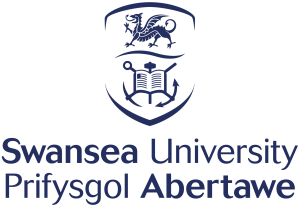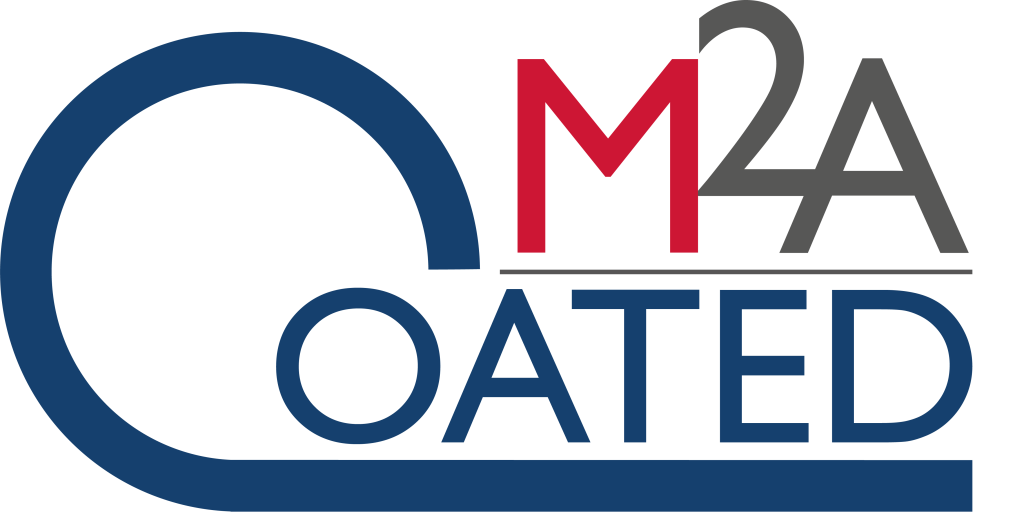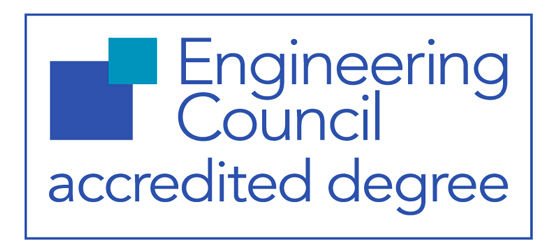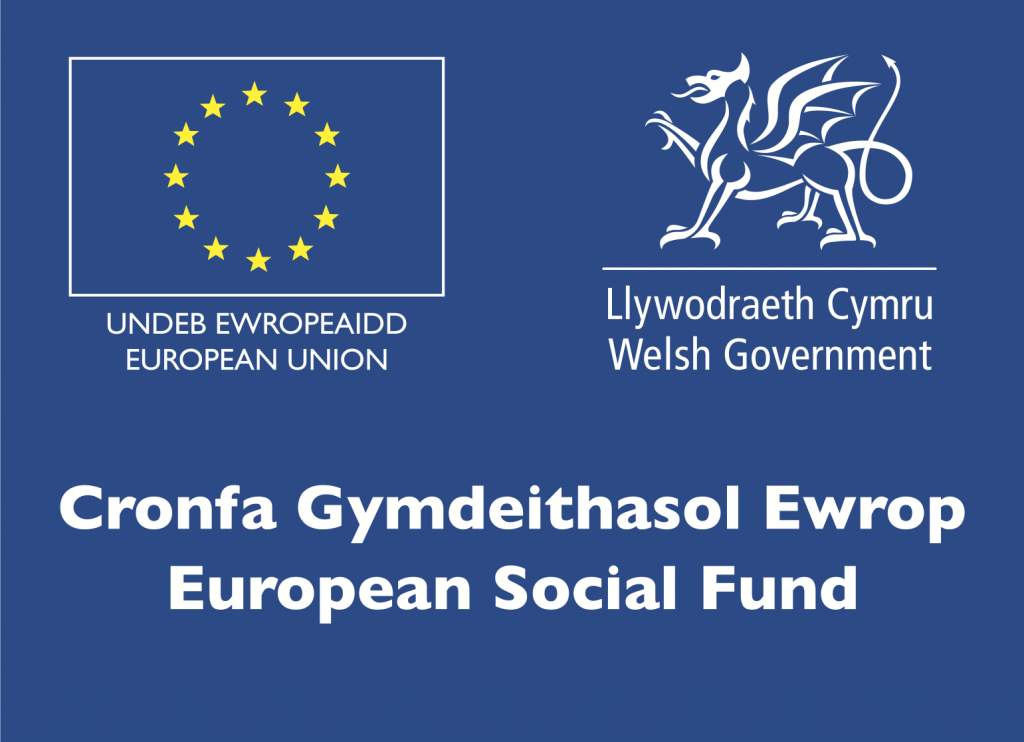FAQ
What is an EngD (Engineering Doctorate)?
An EngD is a four year full-time doctoral level programme. The scheme consists of taught modules and an industry led research project.
The training element of this course consists of a mix of modules totalling up to 190 credits.
The research element shall consist of the production of a research thesis. The research is based on a real engineering problem defined by the industry partner and undertaken as a partnership between the collaborating company and Swansea University.
How much will I get paid?
A stipend of £22,000 per annum for each of 4 years, paid monthly in advance.
Do I pay tuition fees?
Tuition fees are covered for the 4 years of the EngD studentship.
Are other project costs supported?
A generous budget is available to support training, project costs, industry placements and travel to enable you to network and showcase your research at an international conference.
Who will I be working with?
All research students are allocated a minimum of two academic supervisors, and one industry supervisor. These supervisors together act as your academic advisors, tutor, and champion. In addition, support is provided by the M2A, through its team of Project Coordinators and Administrators. See our Team
Research students are encouraged to integrate fully into their respective research groups and the wider Faculty of Science and Engineering. In parallel EngD students are encouraged to collaborate widely with their partner business, to benefit from the wealth of experience and insight found within.
What types of industrial sponsors are involved?
COATED M2A enjoys the support of a range of businesses from large multi-nationals through to SME’s and not-for-profit organisations. Current sponsors include (but not limited to) Tata Steel UK, BASF, KLA, Johnson Matthey, Hexigone Inhibitors, Beckers, NSG Pilkington, Welsh Water, Ceres, Carl Zeiss, Zimmer and Peacock and many more.
What does postgraduate research entail?
COATED M2A and Swansea University are committed to providing you with high quality, stimulating and supportive environments in which to undertake your research. However, you should accept that postgraduate research study requires a high-level of commitment, self-discipline and personal time management from students.
As a research student you will be expected to take responsibility for your own professional and personal development, engage in the academic community of the University and learned societies. It will be up to you to take the initiative in raising problems or difficulties with your supervisors as early as possible, and to meet your research and administrative responsibilities to your sponsors (COATED M2A and the partner business).
How does the EngD improve career prospects?
Our EngD graduates (of which there have been over 200) have achieved a 97% employability rate and many of our alumni are found in senior positions, in businesses around the world.
Training modules balance academic learning with business skills compatible with a range of future careers. The advanced knowledge and skills gained, along with the interface with industry, ensures our graduates have a full complement of proficiencies to excel in their future career.
How does the EngD compare to a traditional PhD?
Both are doctorate-level qualifications but are different to one another. In general, you will gain more industrial experience plus the addition of the training courses that provide you with business, leadership, and management skills. These make a big difference to prospective employers.
Is this open to students from outside the UK?
Yes, for projects starting in October 2023 we will be open to both UK and International candidates (including EU and EEA), but due to UKRI funding rules, no more than 30% of the projects can be allocated to international students. Once the cap is reached, studentships will only be open to applicants eligible for fees at the UK rate, as defined by UKCISA regulations.
What degree subject and classification do I need to be eligible for the COATED M2A?
An Engineering, Science, Maths or Computer Science degree are typically suitable for our projects. Skills from many degrees are transferable so if you’re not sure please get in touch to discuss. Candidates must normally hold an undergraduate degree at 2.1 level, or an appropriate master’s degree (or Non-UK equivalent as defined by Swansea University). Please see Swansea University degree comparisons to find out if you meet the eligibility.
If I take an EngD, how much time will I spend in taught modules?
You will complete up to 190 credits comprising of technical and professional skills based modules. There are delivered in an intensive 2 week format with modules front loaded in the 1st year. Further details about the programme are available here
The University PGR Office also run training and workshops to help you through your research journey. Examples can be found at: Training and Development – Swansea University
Is there opportunity for overseas travel?
Yes. We offer the opportunity to present your research at an international conference (previous examples include Hawaii, Vienna, Beijing, Tokyo, and Vancouver). We also offer secondment opportunities in institutions or companies based overseas to work collaboratively or to develop new knowledge and skills.
Where will I be based?
This depends on the research techniques the project requires. Some students are wholly based with their industry partner, some wholly based at the University. Generally, most will have a mixture of industrial and University based activity.
What are the facilities like?
The COATED M2A initiative is based at Swansea University’s £450 million Bay Campus. There has been an investment of over £10 million in new equipment and this means that Swansea now has world class expertise for:
-
Materials imaging and characterisation
-
Coatings development and production
-
Corrosion research
-
Printing technologies
-
Computer modelling and simulation
-
Advanced manufacturing techniques
If you’re curious, please check out our facilities here.
Do I have to work for the sponsoring company once I’ve finished?
There is no commitment for you to work for the sponsoring company once you’ve completed your project. However, the project does provide you with an excellent opportunity to integrate into your sponsoring industry.
What is the recruitment process?
-
Recruitment involves initially completing an application form through Swansea University’s APPLY System.
-
Upon the closing date, this will pass through shortlisting with all applications being anonymised prior to being assessed.
-
Shortlisted candidates will be invited for an interview involving the M2A management team, plus the academics and industrial supervisors associated with the individual project.
-
Successful candidates will then be offered a place on the scheme.
Does this count towards Chartered Engineer status?
The EngD has been accredited by the Institute of Materials, Minerals and Mining (IOM3) for meeting the Engineering Council standards. This means our graduates will have achieved part or all of the underpinning knowledge for professional registration. Many of the activities you undertake during the EngD can also satisfy some of the criteria for professional development requirements. We can assign mentors to you who can help you start the chartership process.
It is possible to do an MSc by Research degree with COATED M2A?
No. Funding is currently not available for you to complete a research masters with COATED M2A. Please refer to Postgraduate – Swansea University to find out about other research masters opportunities.
Can I do an EngD on a part-time basis?
No, unfortunately we are unable to offer studentships on a part-time basis.
Can I submit my own research proposal?
No. COATED M2A can only fund projects devised by our industrial partners. If you are interested in self-funding your own Doctoral Research (PhD) degree refer to Applying for a research degree – Swansea University.
Is there a limit to the number of projects I can apply for?
No, but if you do apply for more than one project make sure you tailor the personal statement aspect of your application to the project applied for.
Is there opportunity to complete a work placement?
Yes. We encourage you to visit your industry partner and to complete a work placement with them if there is scope for this. Furthermore, if you source a short work placement with another company, we are happy to support; however, this will be within set terms and conditions.
English is not my first language. Is there an entry requirement on the standard of English?
Yes, IELTS 6.5 overall (with at least 6.0 in each individual component) or Swansea recognised equivalent. Details on the Swansea University English Language entry policy can be found here.
What are the COATED M2A student expectations?
As part of COATED M2A, you will be required to:
-
Participate in a residential off-site Personal Development/Team Building course.
-
Submit Quarterly and Annual Reports.
-
Complete an Impact Poster.
-
Attend quarterly Theme Review meetings
-
Take part in the UK Industrial Tour
-
Participate in the Annual COATED M2A Conference
-
Engage in outreach – for example, visit a local school to promote STEM subjects e.g. participate in Swansea Science Festival or become an Ambassador at Discover Materials.





